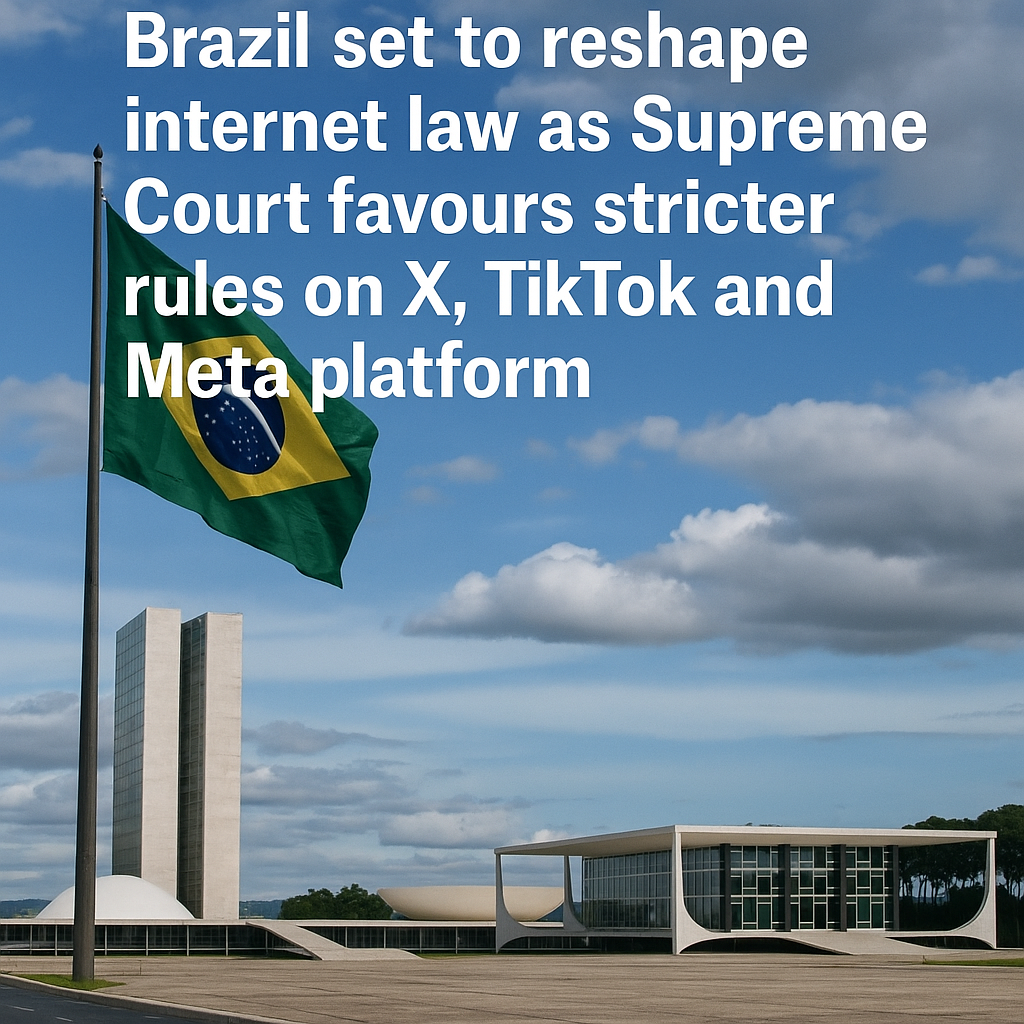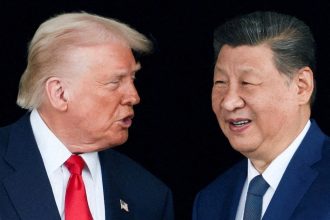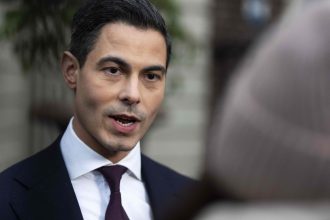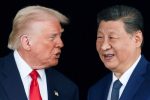BRASILIA, June 12 — In a decision that could redefine how the internet works in Brazil, the country’s Supreme Court is leaning toward stronger rules that would make social media companies more accountable for harmful content on their platforms. The decision—still awaiting final votes—is already making waves across Latin America.
At the heart of the debate is a simple but powerful question: Should tech giants like X (formerly Twitter), TikTok, Instagram, and Facebook wait for a judge’s order to remove harmful posts, or should they take proactive steps to stop the spread of hate speech and fake news?
So far, six out of eleven Supreme Court justices have said the status quo isn’t working. They believe companies should no longer hide behind neutrality. Instead, they should step up and take responsibility for the content that spreads across their networks—before the courts have to get involved.
Justice Flavio Dino captured the urgency of the moment, saying, “Freedom must come with responsibility. Regulated freedom is the only real freedom.” He likened the current state of internet regulation to trying to run an airline without any safety rules—dangerous and unsustainable.
The law in question, Brazil’s Civil Framework for the Internet, has been in place since 2014. It essentially protects platforms from liability unless they ignore a direct court order. The new interpretation being discussed would mean that platforms can no longer turn a blind eye until a judge intervenes—they’d need to act fast on their own.
While some welcome the change, others are worried. Google warned that new rules might not actually stop the spread of bad content. Critics, including Elon Musk, say the effort threatens free speech.
But the push for reform didn’t come out of nowhere. In recent years, Brazil has seen social media used as a tool for political manipulation. During the 2022 elections, supporters of then-president Jair Bolsonaro reportedly used platforms to question election results and organize anti-democratic actions. Judge Alexandre de Moraes, a central figure in both the regulation debate and the Bolsonaro investigation, has taken a hard stance—blocking X for 40 days at one point for non-compliance.
While the debate continues, President Luiz Inacio Lula da Silva has made it clear: he supports fast-tracking regulation to protect democracy and citizens alike.
For the millions of Brazilians who log into social media every day, the coming weeks may shape a new digital landscape—one where truth, safety, and accountability take center stage.








